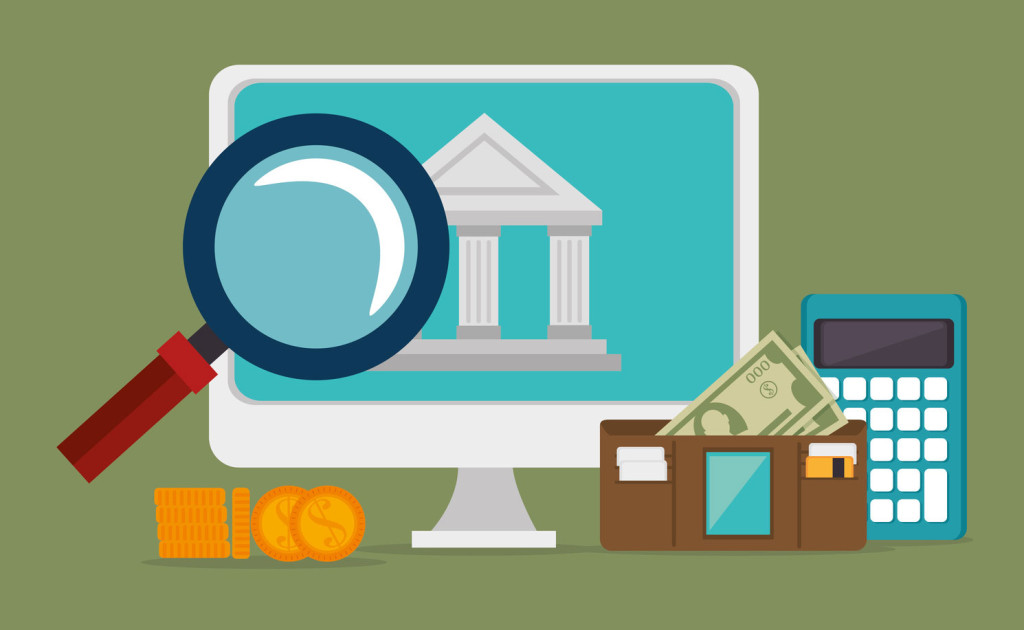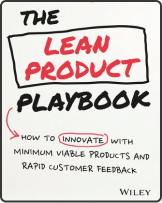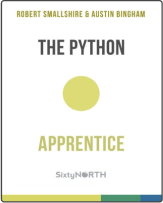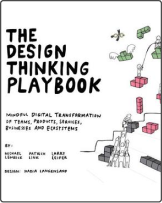How Much Money Do You Need to Start Your Entrepreneurial Journey?

When you decide to pursue your own path, be the captain of your fate, the master of your soul and the boss of your dreams, you’ve decided to become an entrepreneur. An entrepreneurial journey is one that involves creating positive change, taking risks, building a team and making a dent on the universe.
Clearly, this journey is not an easy one. It’s fraught with risks, stress and uncertainty. What’s critical while having the ‘luxury’ of pursuing this journey is that you’ve given your finances a serious look, and have them in order. But, how much money do you really need in the bank to start your entrepreneurial adventure?
The simple answer is that there is no secret recipe or ‘exact amount’ of money you need to begin. No ‘amount’ fits all, so you’ve got to nail down your own financial formula. But, there are some frameworks which cannot be neglected. So let’s get right into them!
1. Minimum Viable Income
You’ll definitely need money to live. That’s a no-brainer. The main point here is working out exactly how much you need to survive each month. This is your so-called “Minimum Viable Income” which puts food on the table and pays the bills.
Start by calculating your fixed expenses and your variable expenses. Fixed expenses are those you’ll definitely need to incur to maintain your living standards, like rent. On the other hand variable expenses are those that fluctuate depending on how much you consume, like entertainment or coffee.
Formula For Minimum Viable Income: Fixed Living Expenses + Variable Living Expenses
If you’re young, single and have nothing to lose, like Steve Jobs was when he started out, you can even cut out some of your fixed living expenses. By living with a friend or your parents, you practically eliminate one major expense from your life. Just make sure you don’t get used to the comfort of avoiding rental expenses, and give yourself a deadline on how much time you’re going to be living as a ‘guest’ before you move out.
Once you arrive at this number — let’s say it’s $1000 a month — you need to work out a way of making this amount of money, in the least amount of time possible, so you can devote the remaining time you’ve got to “The Life Changing Idea” you want to work on. If it’s $1000 a month, can you provide consulting services for a couple of hours a week, or sell products on eBay to make the cut? Evaluate your options and your skills carefully and pick one that suits you.
2. What Type Of Business Are You Wanting To Build?
Are you looking to build a service or product based business? The former requires less investment upfront, while the latter requires higher capital outlay upfront and the ‘holding capacity’ to survive until your business becomes profitable.
You’ll need to evaluate which type of business to enter, depending on your unique personal and professional circumstances and resources. There’s nothing stopping you from starting with a service based business and transitioning to a product based one in the longer run. The important thing is to take the first step.
Calculate how much you’re going to need for your business. Business registration expenses, legal costs, initial marketing costs, any technology costs, internet expenses, printing costs. The goal is to have a clear idea on the expenses you’d incur each month.
If you’re building a product based business (especially if it’s a tech product), whatever amount it’ll take to build your product, double it. History proves that tech projects almost never get completed on time. Might as well plan ahead, and be smart about planning your expenses.
As a suggestion, in a product based business you should have enough funds to at least fund the “MVP” so you can get some traction on your idea, before going to investors to seek further funding.
Once you know the expenses involved, you’ll be able to confidently set a revenue target for your business. This is absolutely vital to ensure your business is viable. While projections will not match your reality, it’s important to know how much your business needs to make in revenue, so you can carve out the right path depending on how things go along the journey.
3. What Resources Are Available To You?
This includes not just money, but co-founders, mentors and advisors, investors in your network and other resources. If you’ve got co founders, you’ll save money depending on their skills. If you’ve got investors and mentors in your network, the chances of you raising money or getting funded sooner are higher than someone who has no network. Intangible things like this will influence your confidence level as an entrepreneur, and you’ll be able to take the plunge with lesser personal funds in your bank.
Take the example of PayPal. Elon Musk started out with 3 other co-founders (popularly known as the “PayPal Mafia”). They only had money to fund their living expenses and lived out of their dorm rooms. The costs of building the product were covered by virtue of having talented and skilled co-founders. So the only amount of money they needed to start was their personal ‘minimum viable income’ to survive, as the costs of building the business were covered, with all the founders working for equity.
If you can rely on your family and friends for funds to start your business, you need no money in the bank to start. While investors may be reluctant to invest in your business at an idea stage, friends and family are more likely to bet on your venture, on the basis of ‘personal goodwill’ that you would’ve hopefully built with them.
Can you borrow money from the bank? Although borrowing from financial institutions is not recommended if you don’t have a clear strategy on how you’re going to pay back the loan, it’s worth finding out about. In certain countries, the government supports small businesses by offering grants, and this can definitely provide your business with the much needed boost it needs.
Credit cards can also help with funds when you need them. Ruslan Kogan, the founder of Kogan, started his million dollar enterprise with nothing in the bank. He funded his product purchases with the help of a few credit cards, having the future promise of revenues on incurring the costs. Clearly, if you know for sure that your product is going to sell, you could just use credit cards to fund the product, and then pay off the debt once the revenues come in. This is definitely not a recommended strategy, but just proof of someone who has created a multimillion dollar business with nothing in the bank.
One of your top priorities as an entrepreneur is to gather as many resources as possible to make your dream a reality. This means being relentlessly resourceful and extremely creative.
3. Financial Runway
Do you have personal savings? How much do you have? Personal savings can go a long way in funding your personal and business expenses. The more you have, the better, as that’s going to be your financial ‘cushion’ to get through the hard times. As a ‘financial runway’ you should have at least 6 months of expenses in your account at any given time. Of course, that’s not set in stone and there are always exceptions.
This could be a ‘sequential strategy’. So if you quit your job tomorrow, and have a financial runway for 6 months, that basically means you have the time to work on your big idea for at least 3 of the 6 months. Hopefully at the end of the 3 months, you’ll know whether your business is going to make any money, or whether you revert to your “Minimum Viable Income Plan” to extend the amount of time your business needs to be cashflow positive.
4. Future Promise Of Money
If you have some confidence of future money coming through to your bank, via sales or winnings at a business competition, you’ll need less today in the bank to start your entrepreneurial journey.
For example, if you were sure you were going to win the next Shark Tank episode (something that’s hard to be sure about!), you can hedge your bets accordingly and make the leap to being a full time entrepreneur sooner rather than later.
A future promise of money could also be in the form of a ‘backup job’ option, in case things were to fail with your venture. This is always advisable, given the amount of uncertainty present in the entrepreneurial world. Knowing you have a job to go back to, if things went horribly wrong, will give you more confidence.
5. Emergency Fund
This is an absolute must for both your business and your personal life. Things don’t always go as planned, and you need an emergency fund to take care of the ‘surprises’ life throws at you.
Plan to have an emergency fund with at least 3 months of expenses (both business and personal), in addition to the financial runway required in the ‘normal course’ of things.
6. Crowdfunding
Entrepreneurs have a plethora of options available to them. Crowdfunding your business or product is a viable approach to funding your business.
For this purpose, the only amount of money you’d need in the bank is what’s necessary to fund the campaign itself. Be prepared for the worst case scenario though, in case the campaign fails. Smart entrepreneurs build networks with their target audience before creating a crowdfunding campaign, increasing the odds of success.
Clearly, you don’t need a lot of money in the bank to get started, if you’re bold enough. But at the same time, there is no straight answer to how much money you need, as it depends on a range of factors. Good financial planning to ensure you have at least enough to cover your living expenses, as well as the funds you need to launch and get initial traction are key to making the jump.



